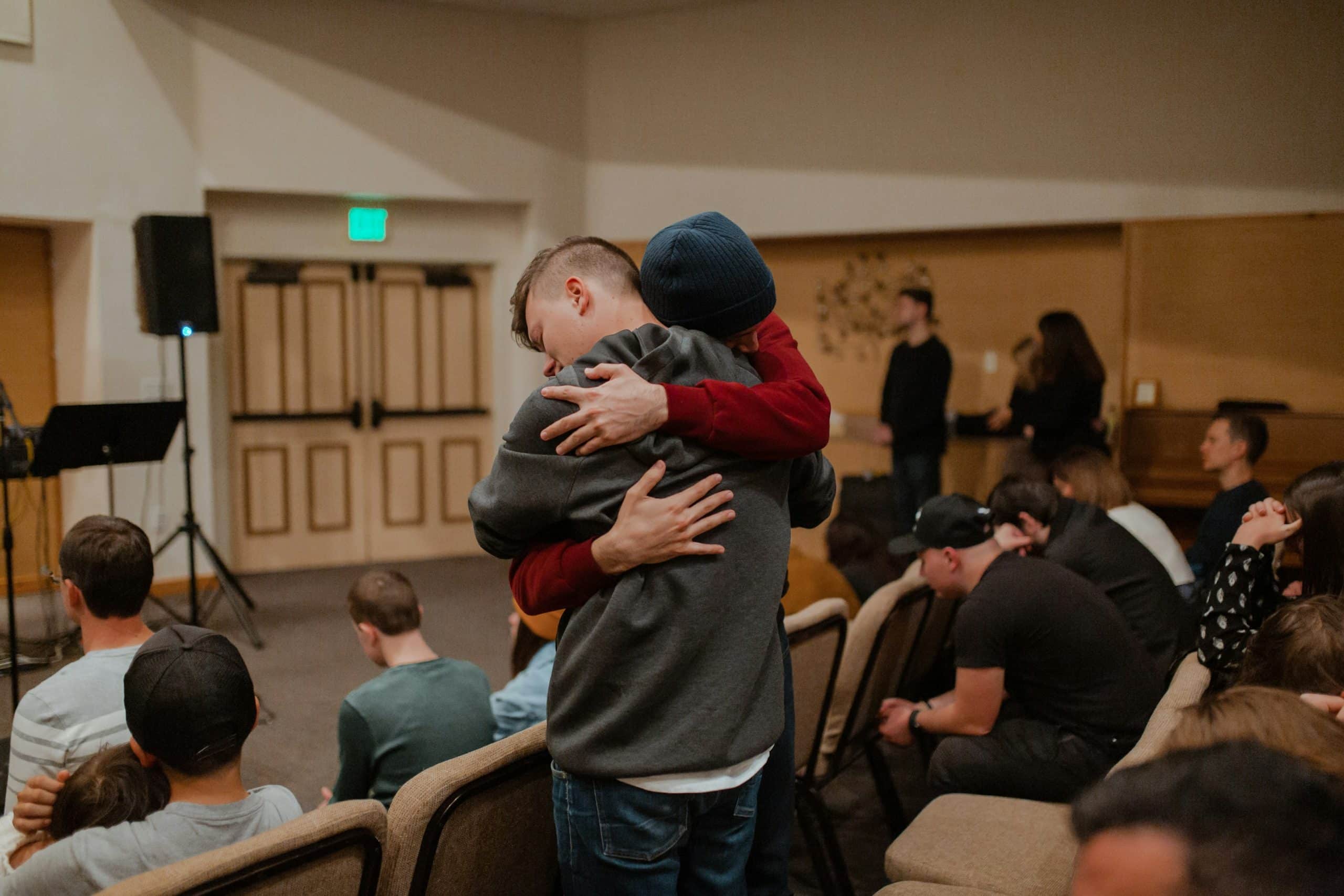Table of Contents
Navigating the intricate web of mental health challenges is an endeavour that many individuals go through at some point in their life, seeking paths to healing and personal growth. Amidst the variety of therapeutic approaches, group therapy has emerged as a compelling and collaborative method that has been growing in popularity.
In this article, we delve deeper into the dynamics and multifaceted benefits of group therapy, elaborating on the transformative potential it holds for those traversing the intricate terrain of their mental well-being.
Understanding Group Therapy
Group therapy, a variant of psychotherapy, involves a trained therapist guiding a gathering of individuals facing similar challenges. Unlike traditional one-on-one counselling, group therapy harnesses the power of collective experiences, allowing the participants involved to share, support, and learn from both the therapist and their peers. This collaborative approach sets group therapy apart and contributes to its growing recognition in the field of mental health.
Dynamics of Group Therapy
Safety in Numbers:
One of the foundational dynamics of group therapy is the safety found in numbers. Participants often find solace in realising that they are not alone in their struggles, and that there are others who understand what they are going through. This shared experience fosters a sense of acceptance and understanding, mitigating the isolating nature of mental health challenges.
Diverse Perspectives:
The inherent diversity within group therapy sessions brings together individuals from various backgrounds, ages, and walks of life. This richness of experiences enhances the therapeutic process, providing participants with a multitude of perspectives and coping strategies. The diversity encourages a broader understanding and acceptance of different viewpoints.
Interpersonal Learning:
At its core, group therapy acts as a microcosm of real-life relationships. The dynamics within the group become a reflective mirror, allowing participants to explore and understand interpersonal interactions. Feedback from peers and the therapist contributes to heightened self-awareness and personal growth, encouraging participants to think deeper.
Mutual Support:
The cornerstone of group therapy is the mutual support that participants extend to one another. Celebrating successes and empathising with setbacks create a supportive atmosphere crucial for healing and growth. The bonds formed in these sessions often extend beyond the therapeutic setting, fostering enduring connections.
Conflict Resolution:
Group therapy provides a controlled environment for the expression and resolution of conflicts. Participants learn to navigate disagreements, practise effective communication, and develop conflict resolution skills. These newfound abilities can be transformative in various areas of life and aid participants moving forward.
Cohesiveness and Unity:
As the group evolves, a sense of cohesiveness and unity is bound to happen. The collective pursuit of well-being creates a shared purpose, instilling a feeling of belonging amongst the participants. This shared journey contributes to a positive group identity, enhancing the therapeutic experience for all participants.
Benefits of Group Therapy
Cost-Effective:
Group therapy often proves to be more cost-effective than individual therapy. The shared expenses make mental health support more accessible, particularly for those facing financial constraints. This economic aspect plays a crucial role in democratising mental health care, making it accessible for a wider group of people.
Social Connection:
In an era marked by digital communication, group therapy offers a tangible and enriching social connection. The in-person or virtual interactions within the group setting address the social aspect of mental health, combating feelings of isolation and fostering a sense of community, which consequently aids healing.
Skill Development:
Being a part of group therapy nurtures a range of interpersonal and communication skills. The give-and-take within the group setting hones active listening, empathy, and effective communication. These acquired skills prove beneficial in navigating relationships outside the therapeutic context.
Normalisation of Struggles:
Group therapy plays a pivotal role in destigmatising mental health challenges. By sharing personal experiences within a supportive community, individuals contribute to the normalisation of struggles. This helps to promote a culture where seeking help is seen as a courageous and commendable act, instead of something they should be keeping to themselves.
Increased Accountability:
Setting and sharing goals within the group creates a sense of accountability. The supportive environment encourages participants to commit to personal development, knowing that their progress is witnessed and celebrated by the group. This shared accountability can be a powerful motivator for participants to want to make a change in their lives.
Emotional Regulation:
Group therapy provides a structured space for individuals to practise emotional regulation. Through guided exercises and discussions, participants learn to identify and manage their emotions effectively. These skills are not only valuable within the therapeutic context but also in daily life.
Conclusion
In the tapestry of mental health interventions, group therapy emerges as a vibrant thread, weaving together shared experiences, mutual support, and transformative growth. Its dynamic nature, grounded in the principles of collective healing, makes it a compelling option for those navigating the complexities of mental well-being.
As the benefits extend far beyond the therapeutic setting, group therapy stands as a beacon of hope, reminding us that the journey to healing is often most meaningful when shared with others. Embracing the collective path towards well-being, group therapy exemplifies the strength found in unity and the enduring power of connection.
A Word From A Space Between
Locating a suitable group therapist in Singapore can be efficiently done through A Space Between, a platform offering a range of services for mental health professionals, including group therapists. They provide a variety of therapy room rentals that cater to individual or group sessions, ensuring a conducive environment for effective therapy.
A Space Between, located at Tanjong Pagar, offers flexible and aesthetically pleasing co-working office spaces for rent, designed thoughtfully to combine comfort and style. This environment is ideal for practitioners seeking a safe and relaxing space for their therapy sessions.
Need a helping hand?
Many of the providers practising at A Space Between are skilled at helping clients navigate depression, trauma, and severe mental illnesses. Some providers utilise a mind-body approach; others focus on skills-based techniques for tangible solutions.
Explore our free client-matching service and let us help you find a therapist who fits your unique needs.





